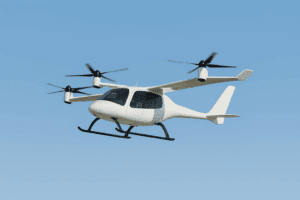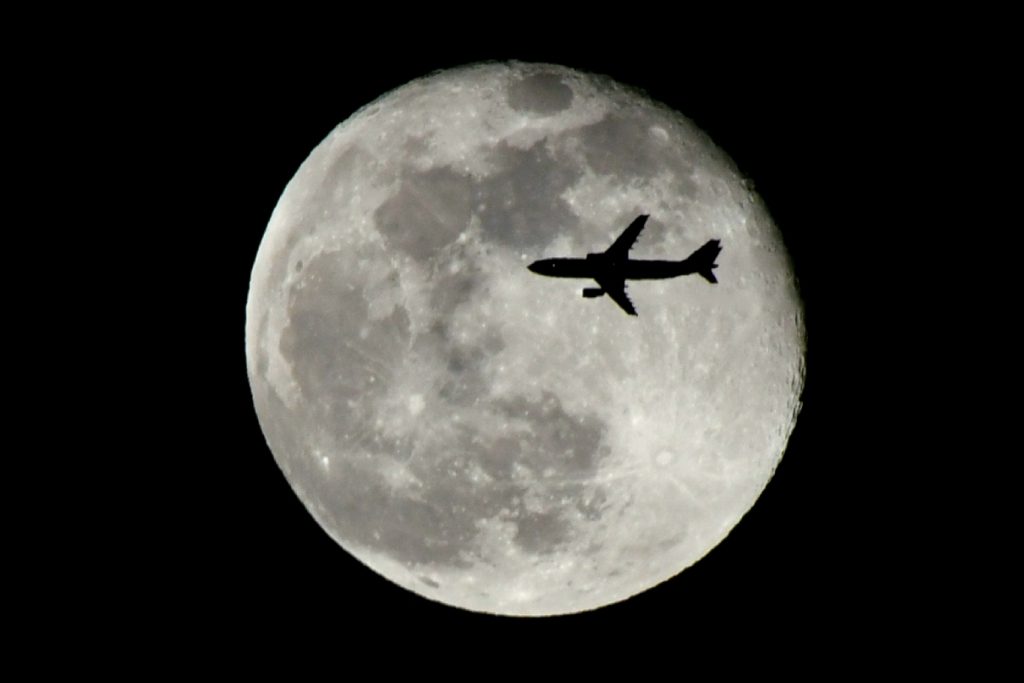As the holiday travel season approaches, the skies over Europe are beginning to battle immense congestion. Reports show that EU officials are anticipating this season may result in record levels of flight delays surpassing the infamous frustration levels of 2024. A triplet of new factors is emerging compounding the issues for travelers, airlines, and regulators.
Reasons for the Sudden Increase in Delays
Staff Shortages and Strikes of Air Traffic Control
There is an acute shortage of trained air traffic controllers within the industry, with some regions operating at 10–20% of the required headcount, resulting in significant delays. In France alone, a two day ATC strike caused the cancellation of 4000 flights, costing airlines an estimated €100 every minute. The fallout impacted all major airports from Paris to Nice and stranded 70,000 passengers on Ryanair flights.
Increasingly Coveted Service
A rough 5% increase in air traffic versus last year has Eurocontrol reporting a staggering 37,000 flights on peak days across Europe.
Extreme Weather & Climate Events
Airport shutdowns and slow air travel in hot climates have been compounded by the impact of wildfires in France and heat waves across Greece.
Geopolitical Airspace Restrictions
Traffic is streaming into Western Europe as the ongoing war in Ukraine is active flight paths for passengers coming in from the east. This real-time mid-continent fighting means rerouted planes, thus adding more complexity, conservatively speaking, to the congested flight paths.

Voices from the Frontlines
Ryanair has launched the “League of Delays,” accusing France, Spain, Germany, Portugal, and the UK for primary over ATC disruption. Ryanair claims France alone claimed over 2.8 million passenger delays this year. European airline lobby IATA and industry leaders head the call for immediate action towards an EU-wide policy change as well as finalization of the single European Sky, which aims to simplify multi-border flight operations. EU Transport Commissioner Apostolos Tzitzikostas urged setting quotas for new hires at the ATC level and reducing the five year-long training period to fill the gaps.
Too Late for 2025?
Changing policy might be as easy as snapping one’s fingers. The bone deep reality is that without revising internal deadlines in summer, air traffic controllers are limited in the ways they’re able to alleviate the situation.
Actions Travelers May Consider
Delays are more likely when transiting through France, Spain, or Germany, so plan for longer wait times. To minimize the effect of cascading delays, consider very early morning flights. Familiarize yourself with relevant policies: EU Regulation 261/2014 allows eligible passengers to receive compensation for significant delays and cancellations.

Plans in progress
In the European aviation world, summer 2025 is a game changer: it puts the modern-day stress test on infrastructural systems built decades, if not a century ago. The fragility of the industry creates an urgent call for:
- Advanced staffing and training of air traffic controllers;
- Modernized digital systems and infrastructure;
- Cross-Border Collaboration under the Single European Sky;
- Mitigation strategies for climate disruptions and geopolitical tensions.
- If no action is taken, travelers are likely to face queues at the gates during peak summer hours.



















